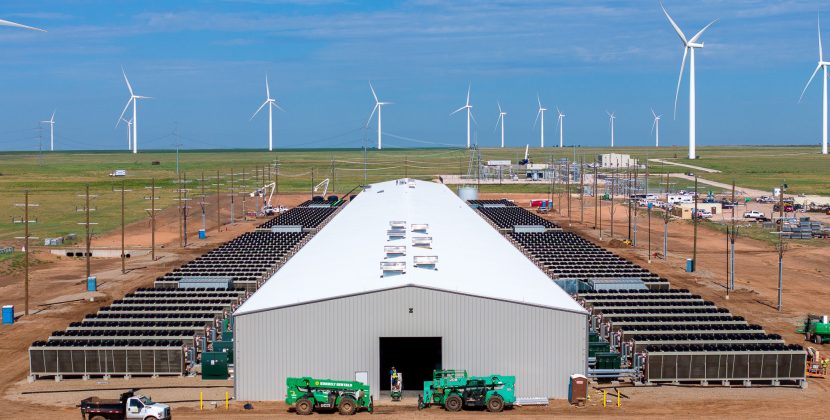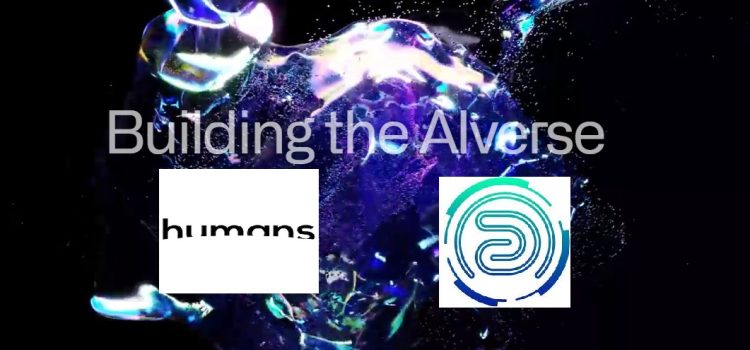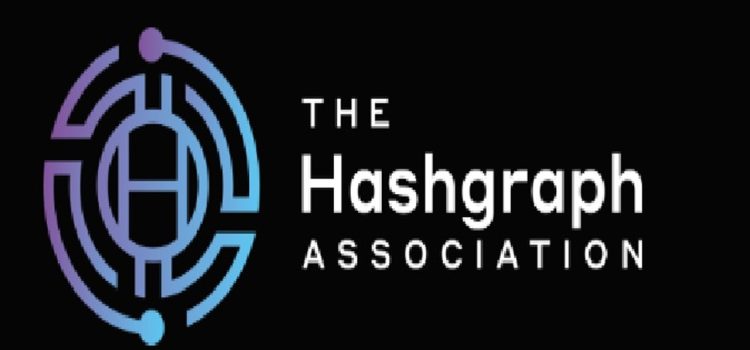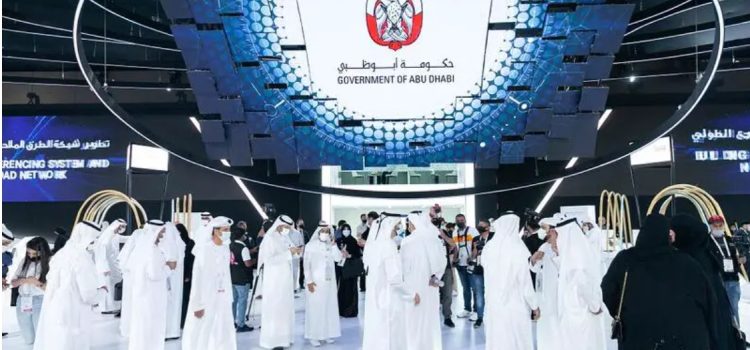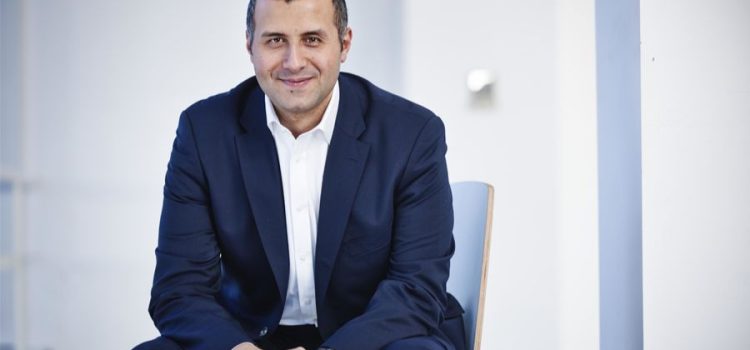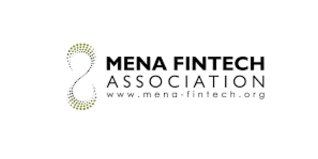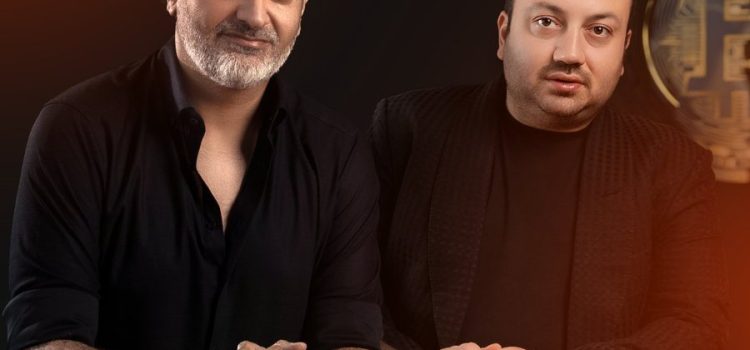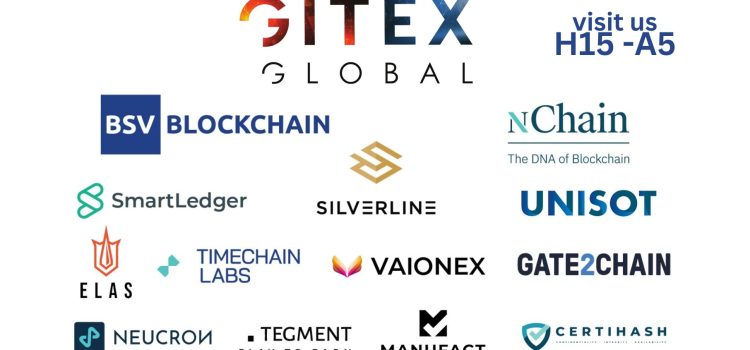
Romanian startup Blockchain and AI enabled Humans.ai and UAE RAK, DAO ( Digital Assets Oasis) launched the world’s first AI Freezone, during the official launch of RAK Digital Assets Oasis in Ras al Khaimah, UAE.
The First Free Zone for AI will serve as a sanctuary for AI innovators, providing them with an environment where groundbreaking ideas can flourish without the shackles of bureaucracy or the uncertainties of data privacy. Within this oasis of innovation, AI startups can experiment, collaborate, and thrive, knowing that the robust security measures of blockchain technology protect their ideas.
Under the patronage of His Highness Sheikh Saud Bin Saqr Al Qasimi, the launch event assembled an impressive roster of visionaries, pioneers, industry experts, and government representatives from the UAE. Their objective is to deliberate on emerging technologies’ future and seize valuable networking opportunities in the AI sector.
A significant event highlight was the panel discussion titled “The Intersection of Artificial Intelligence and Digital Assets,” featuring the Founder & CEO of Humans.ai, Sabin Dima, and ION robot, the world’s first AI governmental advisor.
The collaborative synergy between Humans.ai and RAK DAO transcends mere technological integration. It is about creating an ecosystem that not only nurtures entrepreneurship but also champions the adoption of AI. By providing specialized services and tailored support to AI companies, RAK DAO lays the groundwork for Ras Al Khaimah to emerge as a regional and global leader in AI technology adoption. The partnership between these two entities is poised to revolutionize the way industries operate, enhancing security, transparency, and overall efficiency.
At the heart of this transformative initiative lies a unique blockchain ecosystem developed by Humans.ai, which empowers AI companies within RAK DAO. This innovative environment allows them to govern and execute their AI models with unparalleled transparency and reliability. This blockchain for AI promises to be a game-changer in artificial intelligence.
As AI continues to transform industries and societies, the First Free Zone for Artificial Intelligence in Ras Al Khaimah stands as a beacon of progress, inviting the world to participate in the creation of a brighter, more technologically advanced future. This launch event symbolizes the onset of a new era, where AI innovation and entrepreneurship will flourish in an environment designed for success. It is an initiative that promises to shape the trajectory of AI development, setting the stage for Ras Al Khaimah to shine as a global AI leader.
Prior to this Humans.AI had signed an agreement with RAK DAO to bring AI to the ecosystem.

